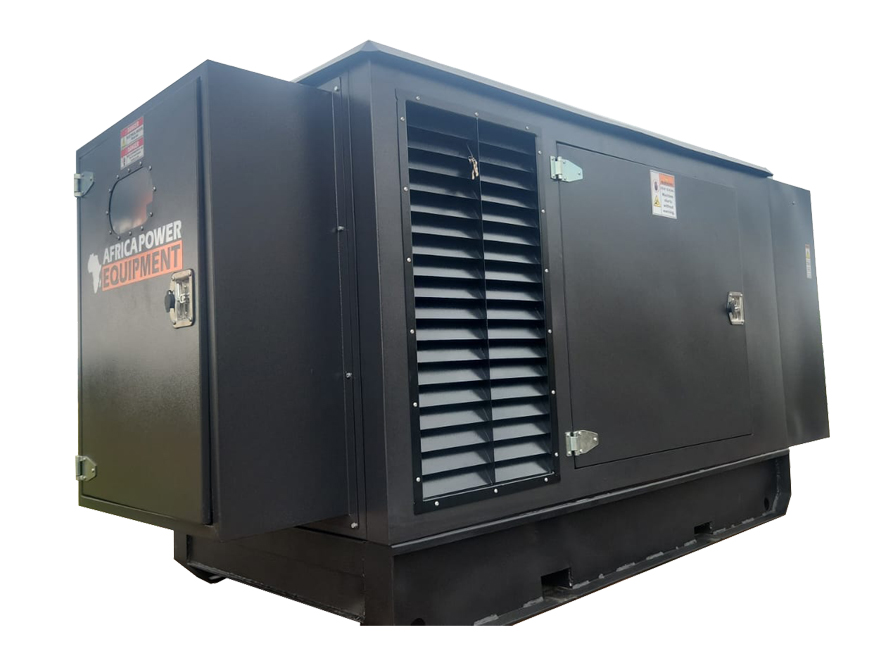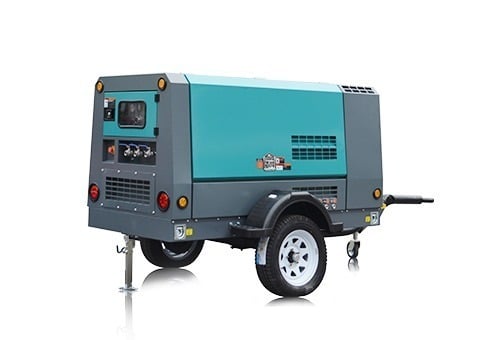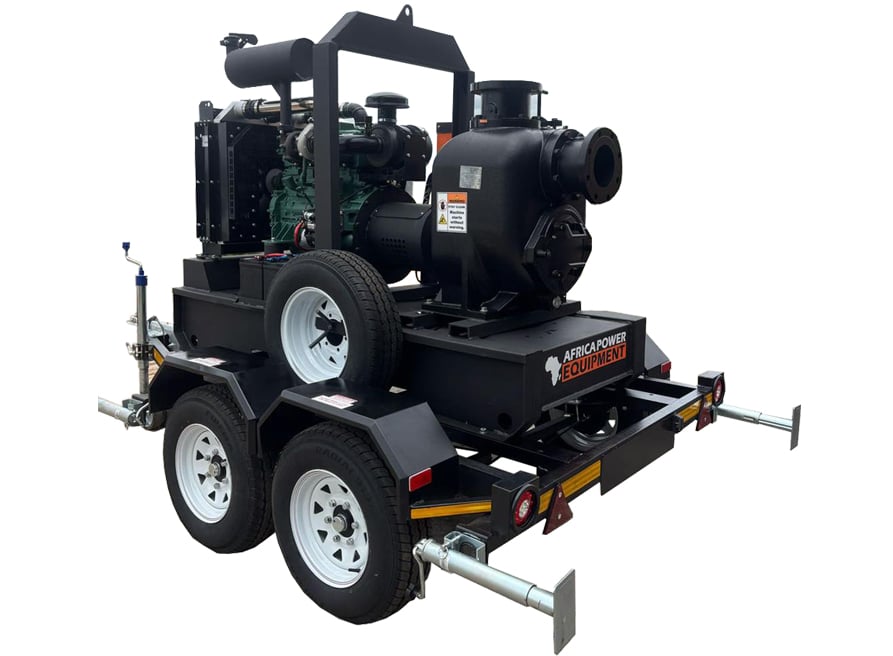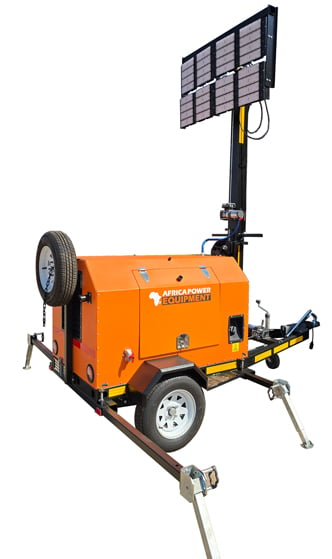Solar Power vs. Generators in South Africa: Which Is Better for Your Home or Business?
With ongoing load shedding and rising electricity costs in South Africa, more people are considering solar systems and generators as reliable power alternatives. But which one is right for you?
In this guide, we break down the key advantages of solar power over generators, compare the two systems, and help you decide which solution fits your needs best.
☀️ What Are the Benefits of Solar Power?
1. Zero Fuel Costs
Once installed, a solar system generates free electricity from sunlight.
✅ No diesel or petrol required – huge long-term savings.
2. Low Operating Costs
Solar systems require minimal maintenance:
-
Occasional cleaning of panels
-
Inverter firmware updates
-
Battery checks (for hybrid systems)
No oil changes or engine servicing like generators.
3. Silent Operation
Solar systems run silently, making them ideal for:
-
Residential areas
-
Offices
-
Nighttime use without noise disturbance
4. Environmentally Friendly
Solar is a clean, renewable energy source.
✅ Reduces your carbon footprint and air pollution.
Generators emit CO₂, NOx, and particulate matter.
5. Long-Term Return on Investment
Solar systems have a lifespan of 20–25 years.
⚡ Your savings on electricity bills increase over time.
6. Automatic Operation (With Hybrid Systems)
-
No manual startup
-
Seamless switch to backup during load shedding
-
App monitoring from your phone
7. Energy Independence
Generate your own power and reduce dependence on Eskom.
With batteries, you can run essentials even during long outages.
⛽ How Do Generators Compare?
1. Fuel Dependency
Generators need diesel, petrol, or gas to run.
🚫 Prices fluctuate, and supply may be limited during outages.
2. High Running Costs
Fuel + regular maintenance (oil, filters, spark plugs) = expensive long-term.
3. Noise and Emissions
Generators are loud and polluting, often unsuitable for urban or suburban use.
4. Manual or Delayed Start
Unless it’s an automatic standby generator, you’ll need to manually start it during power cuts.
5. Shorter Lifespan
Even quality generators last 5,000–10,000 hours with proper care – far less than solar.
6. Better for High Load, Short Duration
Generators excel in heavy industrial loads or when used occasionally rather than daily.
🔁 Head-to-Head Comparison Table
| Feature | Solar System | Generator |
|---|---|---|
| Power Source | Sunlight | Diesel/Petrol/Gas |
| Fuel Costs | None | Ongoing, high |
| Noise | Silent | Loud |
| Maintenance | Minimal | Frequent |
| Lifespan | 20–25 years | 5–10 years |
| Emissions | Zero | High |
| Ideal Use | Daily, long-term backup | Occasional, short outages |
| Startup Mode | Automatic (hybrid systems) | Manual or automatic |
| Upfront Cost | Higher | Lower |
| Long-term Cost | Lower | Higher |
🏠 Use Cases: When to Choose Each
Choose Solar If You:
-
Live in a load shedding-prone area
-
Want to save on electricity bills
-
Prefer silent, eco-friendly power
-
Need daily or frequent backup
-
Plan for long-term energy independence
Choose a Generator If You:
-
Need short-term power for occasional outages
-
Can’t afford solar upfront
-
Require very high wattage temporarily (e.g., construction sites)
-
Already have reliable fuel access
🔗 Related Articles
📝 Final Thoughts
While both solar systems and generators offer backup power solutions, solar is the superior long-term option for most South African homes and businesses. It’s clean, quiet, scalable, and saves you thousands over time.
If budget allows, a hybrid solar system with battery backup provides the best of both worlds—reliable power and independence from the grid. Contact Africa Power Equipment for your generator and solar solutions.





